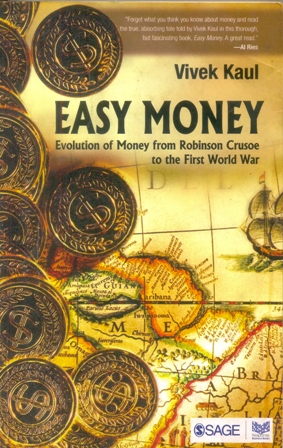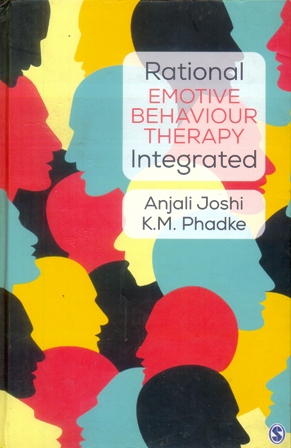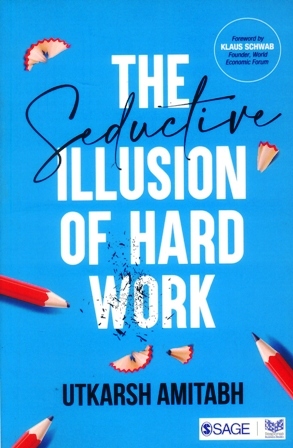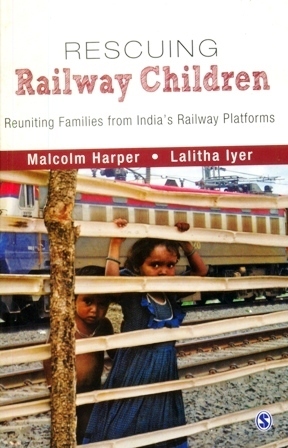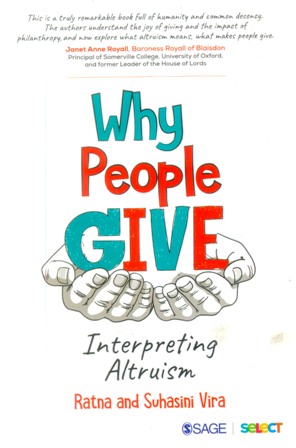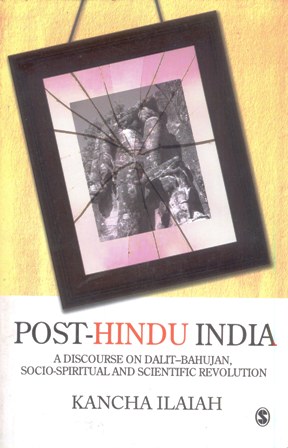-
Rational Emotive Behaviour Therapy Integrated
Reading books is a kind of enjoyment. Reading books is a good habit. We bring you a different kinds of books. You can carry this book where ever you want. It is easy to carry. It can be an ideal gift to yourself and to your loved ones. Care instruction keep away from fire.
-
The Seductive Illusion of Hard Work
People take great pride in flaunting their punishing work routines. The Seductive Illusion of Hard Work establishes that hard work is necessary but insufficient for success. In fact, misdirected hard work is way worse than no work at all. This book includes various real-life examples from the corporate world that has constantly exaggerated the role of hard work and underplayed the critical role of choices and mentorship in creating conditions for success. The young workforce is experiencing burnout and it is suspected that the romantic proclamations and obsession about hard work has lots to do with it. This book discusses all these issues and finally offers a solution-oriented approach to the myth about succeeding in work life.
-
Why People Give
Why do people really give? does giving indicate a kind heart? is altruism about feeling good or is there more to it? we regularly see numerous displays of altruistic behaviour and instances of philanthropy, where the beneficiaries are often complete strangers. We cannot understand philanthropy without considering the motivation for giving: why people give, their beliefs and, more importantly, the realisation that in giving we receive. This book is passionately argued, deeply researched and full of indelible stories of real people. The authors build a case for altruism and the urgent need for empathy in an increasingly self-centred and materialistic world. Through stories drawn from real life, This book will change how we look at the Act of giving. It shows that each one of us can bring about a change, if only we have the will. We don’t have to wait for governments or big corporations to act because the power lies within us—we can be the catalysts. excerpt ‘In a more cynical and brutal world, newspaper headlines no longer stun us. Our apathy is so strong. A girl is abandoned, daughters killed, women raped, and families found murdered. These stories no longer move us. Ponzi schemes bankrupt families, farmers commit suicide. Millionaires are made, and some led to prison. ‘Karma,’ we mutter ‘catching up’. ingenuous ways to multiply and quadruple wealth and dodge tax are revealed daily. All the while, the same people are seen supporting the latest causes, visiting the temples and houses of prayer, and washing their sins through giving. Is this truly charity? Is it altruism or merely selfish behaviour?’.
-
Post-Hindu India
Kancha Ilaiah, the author of the best selling book Why I am Not a Hindu, pens a thought-provoking critique of Brahmanism and the caste system in India, while anticipating the death of Hinduism as a direct consequence of, what he says is, its anti-scientific and anti-nationalistic stand. This work challenges Hinduism`s interpretation of history, with a virulent attack on caste politics, and also takes a refreshing look at the necessity of encouraging indigenous scientific thought for the sake of national progress. It establishes Hinduism as a `backward` religion that suppresses the latent scientific and productive potential of the Dalit?Bahujan communities. The author says this oppressive system of spiritual fascism is detrimental to both the future of religion and the nation-state. He thus criticizes the idea of spiritual justice or varnadharma, used to justify the caste system, as rooted in spiritual inequality. On a micro-analytical level, it is based on a thorough study of the productive knowledge systems of the Dalit?Bahujan communities of Andhra Pradesh, and provides a detailed day-to-day analysis of the scientific technological processes and events at work in the life of a member of these communities. On a macro level, it shows how Hinduism fails to negotiate between faith and reason, unlike other major religions of the world. Kancha Ilaiah critiques the intellectual imagination of the dominant communities and inspires the marginalized. In the process of doing so he crafts a work of immense socio-political interest which appeals to academics, and also to all those who are concerned about contemporary India`s polity and social fabric. Table of Contents Introduction Unpaid Teachers Subaltern Scientists Productive Soldiers Subaltern Feminists Social Doctors Meat and Milk Economists Unknown Engineers Food Producers Social Smugglers Spiritual Fascists Intellectual Goondas Symptoms of Civil War and End of Hinduism Conclusion: The Post-Hindu India Glossary

